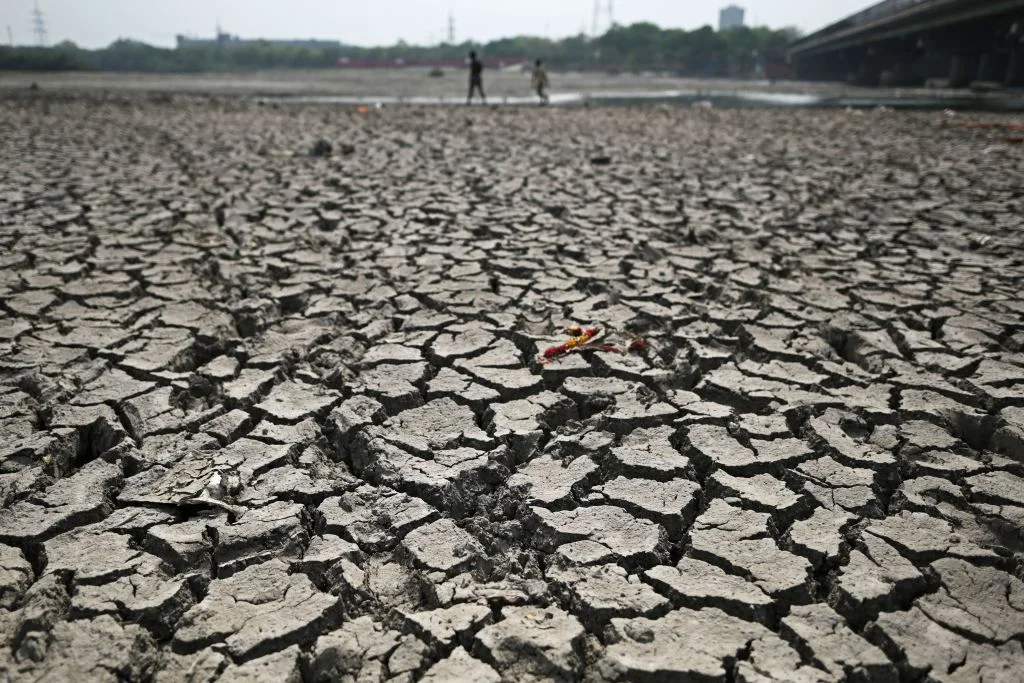India weather office has said the country is likely to experience heat waves between March and May, especially in the key wheat producing central and northern states after the country recorded its highest ever maximum temperature in February.
This means a heat-wave for the second straight year could affect the production of wheat, rapeseed and chickpeas, and also complicate governments efforts to bring down food inflation in the country while higher temperatures could also lift power consumption above supplies during the summer season.
“Enhanced probability of occurrence of heat wave during March to May season is likely over many regions of Central and adjoining Northwest India,” the India Meteorological Department (IMD) said in a statement.
Read also: Report says bank finance for cleaner energy grows, but still lags fossil fuels
It said normal maximum temperatures in March that is the crucial month for the maturity of winter-sown crops, are likely to soar in most parts of the country except peninsular India and a warmer-than-usual March would definitely lead to yield loss.
A heat wave forced a cut in India’s wheat production in 2022, leading the world’s second largest producer to ban exports.
Average maximum temperature in February was 29.54 degrees Celsius, the highest since 1901, when the IMD started keeping weather records while the country received 68% lower rainfall than the normal in February, the weather office said.
Government officials warned last year that the country could see more frequent heat waves in future and that average temperatures, even during the monsoon season, have been rising over the last two decades and health departments across the country have been directed to implement “heat-related health action plans”.
Story adapted from Reuters
